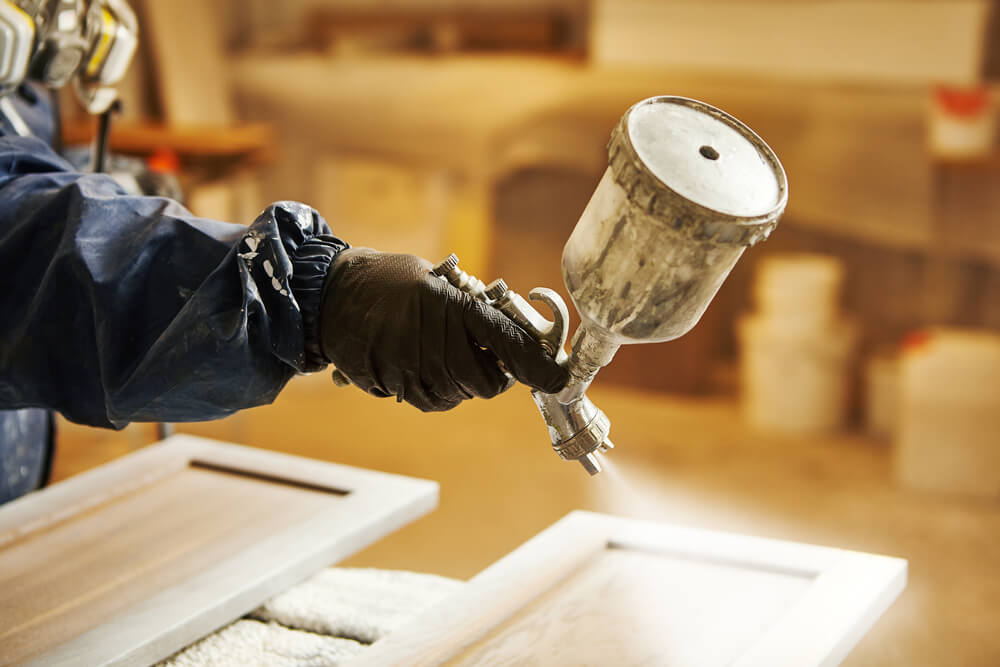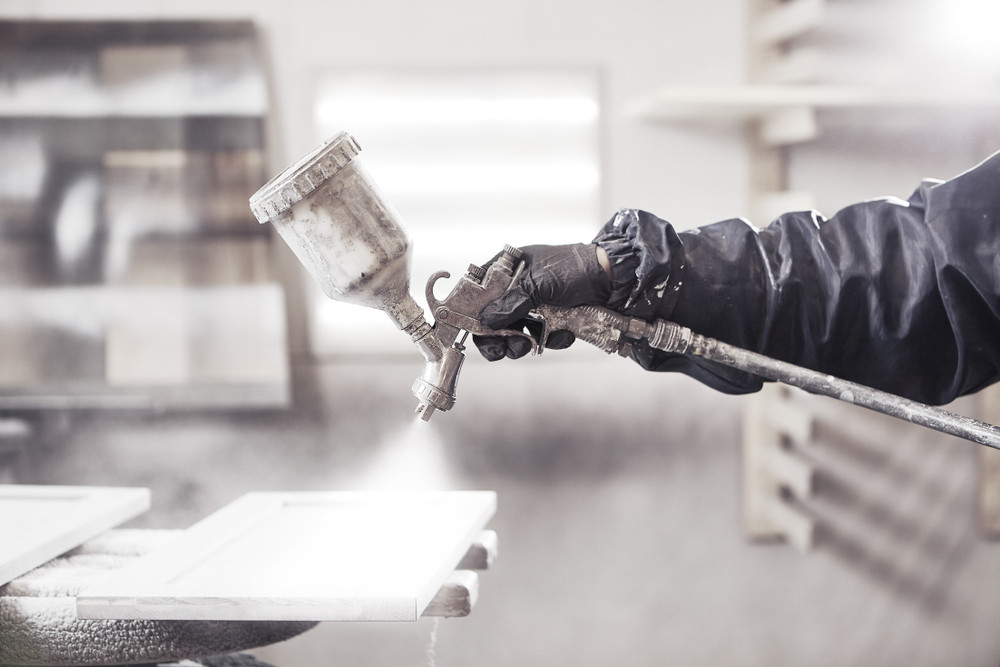What Are Fire Retardants Made Of?
Flame retardants are crucial in preventing and slowing down the spread of fires in the United States. Understanding the composition of these substances is essential for comprehending their effectiveness. Fire retardants are typically composed of a combination of elements carefully selected to impede the ignition and combustion processes.
Elements
Fire retardants incorporate several key elements, each contributing to their overall efficacy:
Phosphorous
One fundamental element found in fire retardants is phosphorous. Phosphorous compounds create a barrier that inhibits the release of flammable gases during a fire. This process interrupts the chain reaction necessary for sustained combustion.
Nitrogen
Nitrogen is another essential component, often present in the form of ammonium compounds. This element dilutes oxygen levels near a fire, making it more difficult for the flames to sustain themselves. Nitrogen-based compounds also absorb heat, further hindering the combustion process.
Bromine
Bromine-containing compounds are commonly used in fire retardants because they can interfere with the chemical reactions during combustion. Bromine captures free radicals, preventing them from participating in the chain reactions that propagate a fire.
Where Can It Be Applied
Fire retardants find applications in various settings and materials, increasing safety in residential and industrial environments. Different elements within the retardants lend themselves to specific applications.

Homes and Buildings
Fire retardants are often applied to construction materials used in homes and buildings.Wood, fabrics, and insulation materials treated with fire retardants become less susceptible to ignition and contribute to minimizing the damage caused by fires. Additionally, fire retardants can be incorporated into paints and coatings to enhance fire resistance.
Textiles and Furniture
Fire retardants are frequently integrated into fabricsand foam materials in the textile and furniture industries. This reduces the flammability of these items, providing an added layer of protection in residential and commercial spaces. Upholstered furniture, curtains, and carpets are commonly treated with fire retardants to meet safety standards.
Electronics
Fire retardants are prevalent in the electronics industry, where they are applied to components and casings. Incorporating fire-resistant materials in electronic devices significantly diminishes the risk of fire-related incidents. This is crucial in preventing potential hazards and ensuring the safety of both consumers and the surrounding environment.
Vehicles
Fire retardants are also utilized in the automotive sector, particularly in manufacturing car interiors and engine components. Treating materials with fire retardants enhances the overall fire safety of vehicles, reducing the likelihood of fires breaking out in case of accidents.
Get Fire Retardants from RDR!
Fire retardants are composed of a carefully curated blend of elements, each contributing distinct properties to impede the ignition and spread of fires. Phosphorous, nitrogen, and bromine are just a few of the elements that play a crucial role in enhancing the fire resistance of various materials.
RDR Technologies specializes in fire retardants, fire suppressants, and other fire-resistant materials. We are committed to providing you with ideal solutions for your fire safety. Contact us today and learn more about how we can help you
Read Next
Is Spray Foam Insulation Fire Retardant?
Learn Why Are Christmas Trees Sprayed With Fire Retardants
What Is in Fire Retardants Dropped From Planes?
Is It Possible to Make Wood Fire Resistant?
Fire vs. Materials: Is Leather Fire Retardant?
Fire vs. Materials: Is Polyester Flame Retardant?
Life-Saving Materials 101: What Fabrics Are Flame Retardant?
Recent Posts
-
Halloween Decor Safety: Protecting Costumes, Props & Haunted Houses with Fire Retardants
Halloween is one of the most creative holidays of the year. From glowing jack-o’-lanterns to elabora …Nov 5th 2025 -
Cost-Benefits of Investing in Fire Retardant Coatings
In today’s construction and safety-conscious environment, protecting buildings, assets, and people h …Nov 5th 2025 -
Fire Resistant vs Fire Retardant vs Intumescent: What's The Difference
When it comes to fire safety, the terms fire-resistant, fire-retardant, and intumescent are often us …Nov 5th 2025




